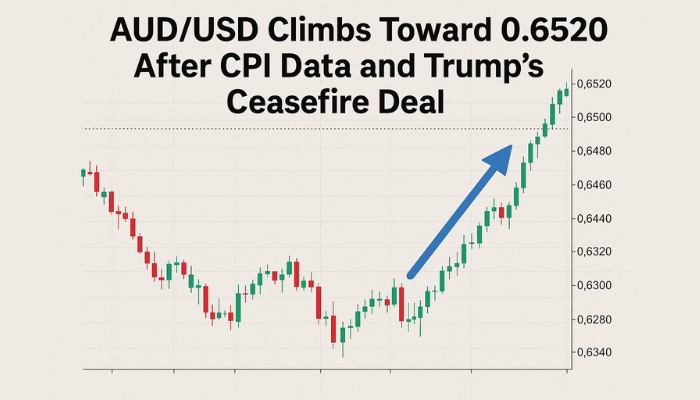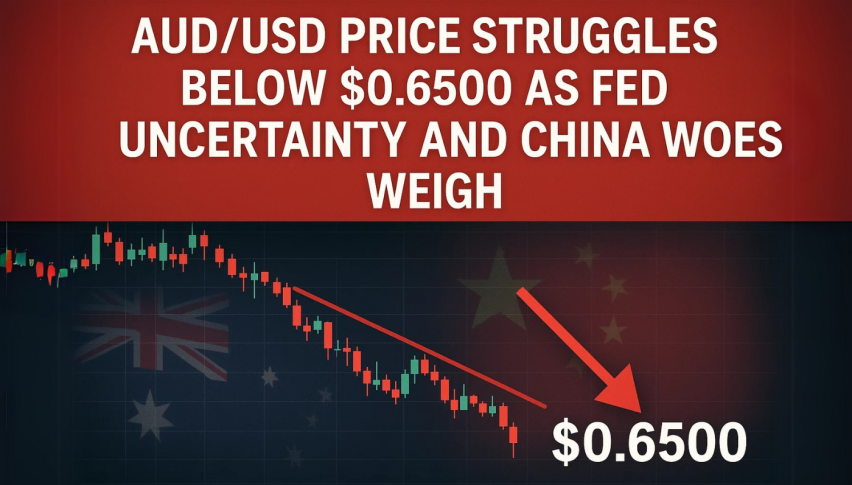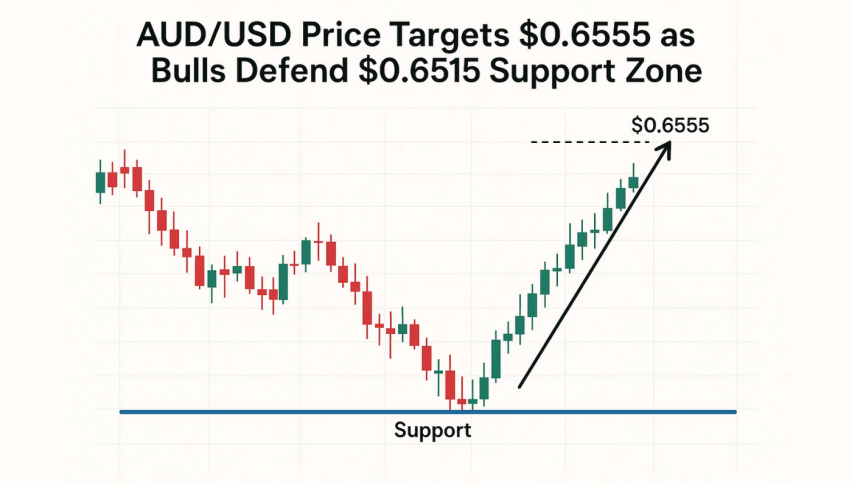Is China Going to Save Commodity Dollars?
China has promised to implement measures to help the economic slump, but can they do enough to help the AUD, CAD and the NZD too?

Commodity dollars have been trading sideways since the beginning of this year, despite the pronounced weakness in the US dollar. This shows that traders are not convinced about commodity dollars yet, as the global economy continues to soften, with different sectors being in recession in major countries.
Two weeks ago we saw a nice run after the softer US inflation figures, but last week sellers returned and commodity dollars were the hardest hit. Yesterday, commodity currencies were experiencing weakness once again, largely due to lower consumer inflation figures in Australia during Q2. However, a major factor contributing to the uncertainty was the mixed signals from China’s politburo regarding their stimulus measures.
Chinese officials have made comments and said to implement measures to boost China’s economy, with a focus on proactive fiscal policies and prudent monetary policies. These measures would come in the form of tax and fee reductions, local government bond issuances, and changes in housing policy. Besides that, the removal of President Xi Jinping’s previous stance on housing as a means of living rather than speculation has led to a rally in property stocks, since this would be seen as a signal for companies to invest in the property market.
However, the comments made by Chinese officials lacked specific details, leading to a cautious sentiment in the market. Investors are adopting an approach of waiting for the facts before making moves, seeking more concrete evidence and actions to support China’s growth-boosting promises.
The officials also stated their intention to increase consumption in sectors such as automobiles, electronics, and tourism. Rather than providing direct vouchers to consumers, it seems they plan to incentivize producers, a move that could have uncertain outcomes.
China’s economy barely expanded in the second quarter of the year, which has been a disappointment on a global scale. The IMF has retained its 5.2% GDP forecast for China, but some are more skeptical, particularly due to the soft property market and low household consumption. While there were mentions of measures to manage local government debt, market participants are eager for more concrete details and are waiting for further policy announcements in the upcoming weeks. So, at the moment it is mostly chatter, and we will see if they can stick to their word.
NZD/USD Live Chart
- Check out our free forex signals
- Follow the top economic events on FX Leaders economic calendar
- Trade better, discover more Forex Trading Strategies
- Open a FREE Trading Account


